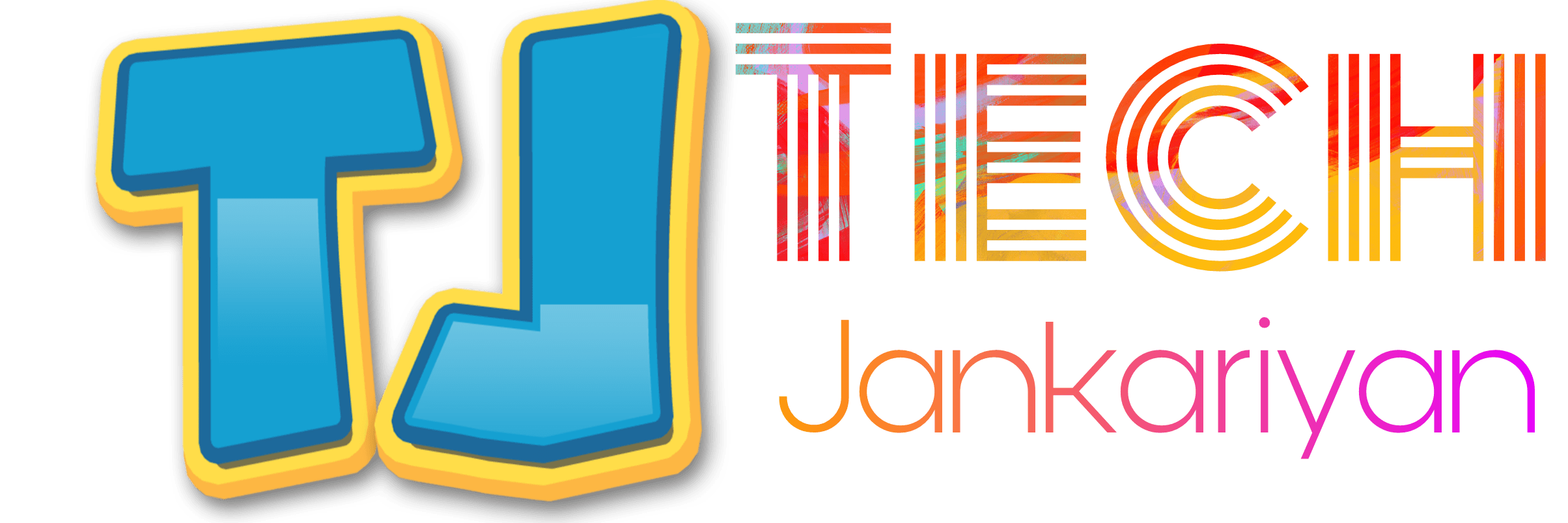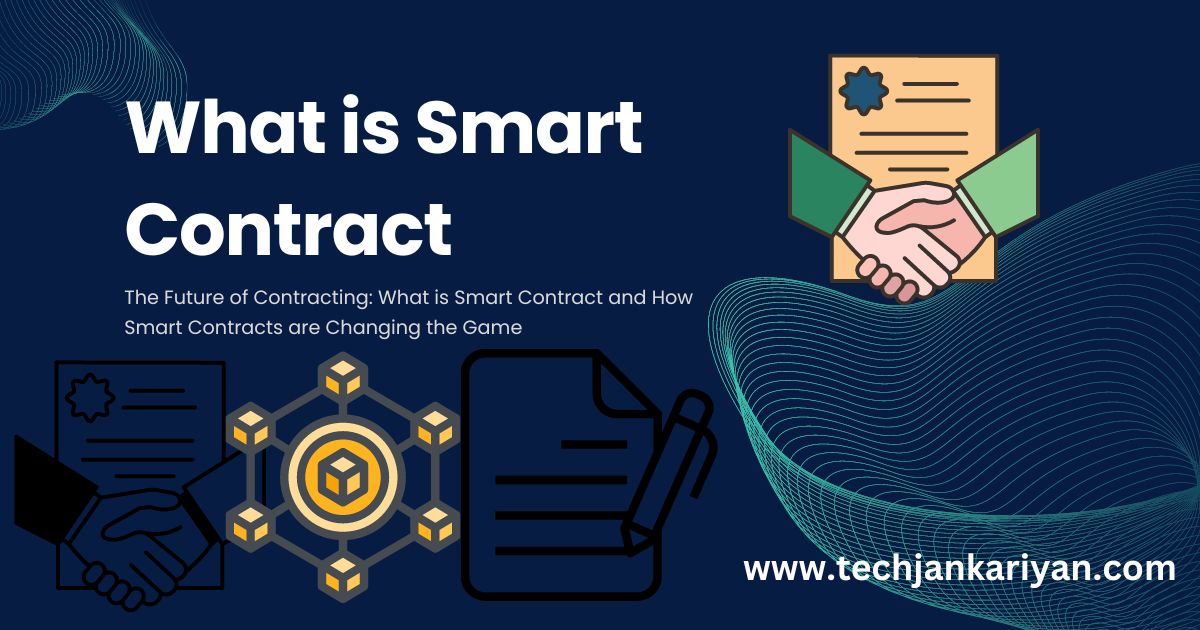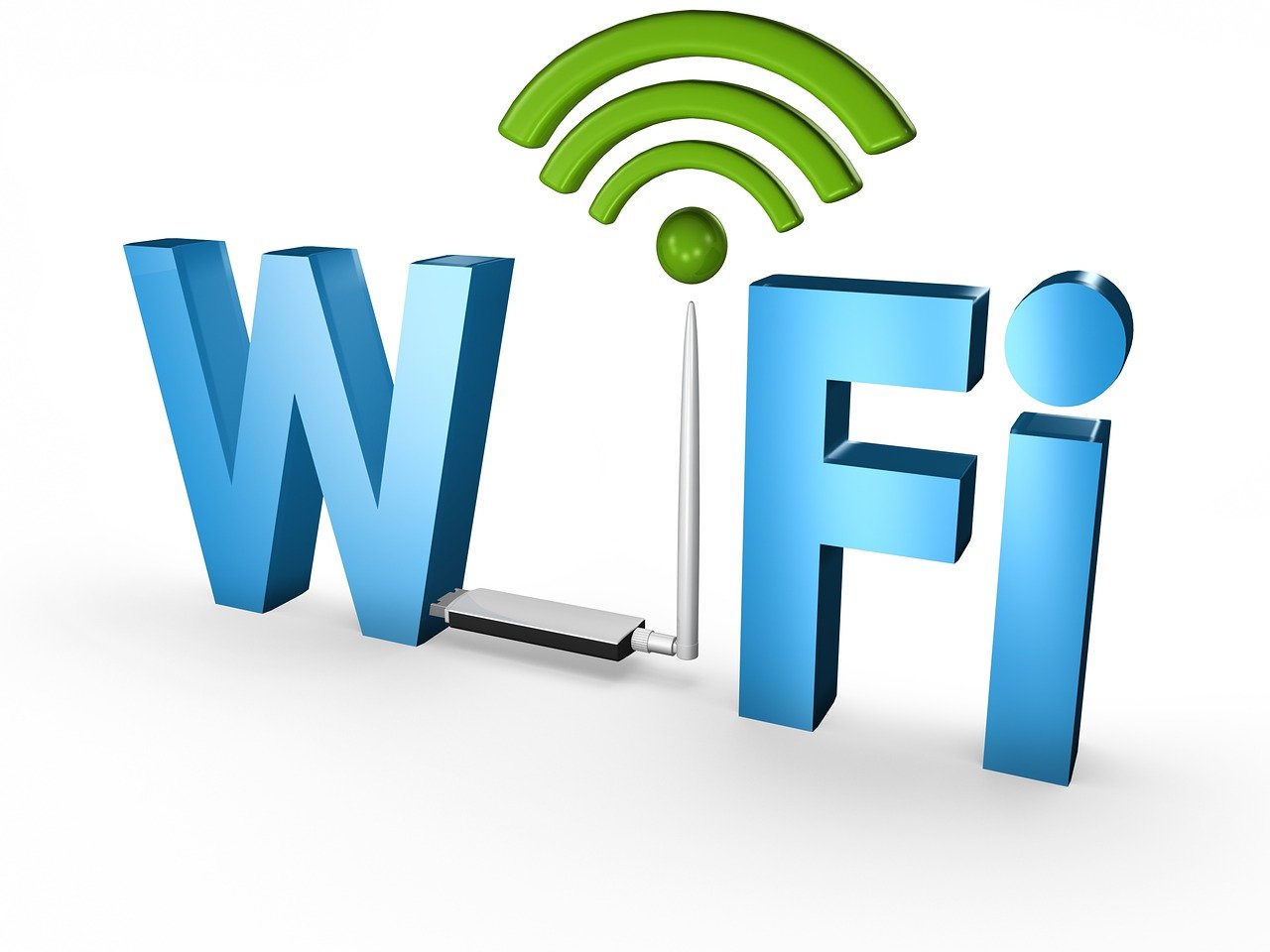In today’s rapidly evolving business landscape, the way we transact and build trust is changing dramatically. Enter the world of smart contracts, a revolutionary technology that will change the way you do business. Smart contracts are digital, self-executing contracts with terms of agreement written directly into lines of code. This allows for the automation of contract execution and eliminates the need for intermediaries such as lawyers or banks.
This technology has the potential to revolutionize industries such as finance, real estate and supply chain management.
In this article, we’ll explore the basics of smart contracts, how they work, and how they can be used to unlock the full potential of blockchain technology. We also look at the potential impact of smart contracts on the future of business and finance.
What Is Smart Contract?
Blockchain technology has been getting a lot of attention in recent years as a game changer in the financial world and beyond. One of the most promising applications of blockchain technology is smart contracts.
Smart contracts are digital agreements that are self-executing and can be programmed to automatically execute the terms of the agreement. It is a computer program that automatically executes contract requirements when certain conditions are met.
They are stored and replicated on the blockchain network, ensuring that the contract is transparent, tamper-proof and immutable.
They can be used to streamline and reliably automate a wide range of transactions, making them an ideal solution for industries such as finance, real estate and supply chain management.
How Does Smart Contract Work?
Smart contracts work by automating the execution of a contract when certain predefined conditions are met. The terms of the contract are encoded into a smart contract and stored on the blockchain network. When a trigger event occurs, the smart contract automatically executes the terms of the agreement.
Here is an example of how a smart contract works:
Two parties, Alice and Bob, want to enter into a contract to exchange goods.
They create a smart contract that defines the terms of the deal, including price, delivery date, and any other important details.
The smart contract is stored on the blockchain network and a copy of the contract is given to Alice and Bob.
Alice delivers the goods to Bob, and the smart contract automatically verifies that the goods have been received.
After receiving the goods, the smart contract automatically releases the payment to Alice.
In this example, the smart contract automatically enforced the terms of the agreement without the need for intermediaries such as lawyers or banks.
Smart contracts can also be triggered by other events or inputs, such as the passage of time, the receipt of payment, or the satisfaction of certain performance metrics.
It’s worth noting that a smart contract is code, meaning it can’t interpret real-world context, it just executes instructions, so it’s critical to make sure the terms, inputs, and rules are defined correctly, or it won’t work. as expected.
Types Of Smart Contract
There are several types of smart contracts, each with their own use cases and applications.
Financial smart contracts: These are used to facilitate financial transactions such as currency exchange or transfer of assets. They can be used to automate the process of trading stocks, bonds or other financial instruments.
Supply chain smart contracts: These are used to automate and simplify supply chain processes, such as tracking the movement of goods from manufacturer to customer. They can be used to improve transparency and accountability in supply chain management.
Legal smart contracts: These are used to automate legal processes such as executing a will or transferring property. They can be used to fulfill contract requirements and reduce the need for lawyers or other intermediaries.
Identity Smart Contracts: These are used to manage and secure digital identities. They can be used to verify the identity of individuals or organizations and control access to sensitive information.
Management smart contracts: they are used to automate decision-making processes and manage the management of decentralized organizations. They can be used to create Decentralized Autonomous Organizations (DAOs).
Insurance Smart Contracts: These are used to automate insurance policies and claims processing processes. They can be used to streamline the process of filing and processing insurance claims and ensure timely payment of claims.
Smart contracts for real estate: These are used to automate the process of buying and selling real estate. They can be used to facilitate the transfer of ownership, payment of taxes and other real estate transactions.
These are some examples of smart contract types, although new and specific types will emerge as the technology continues to evolve.
Benefits Of Smart Contracts
Smart contracts offer a number of advantages over traditional contracts, including:
Automation: Smart contracts automatically enforce the terms of the agreement when certain predefined conditions are met, eliminating the need for intermediaries such as lawyers or banks.
Transparency: Smart contracts are stored on the blockchain network, which ensures that they are transparent, tamper-proof and immutable. This increases the overall credibility and reliability of the contract.
Cost savings: Smart contracts can save time and money by automating contract processes, reducing the need for intermediaries, and reducing errors and disputes.
Efficiency: Smart contracts automate and simplify a wide range of transactions and agreements, making them a powerful tool for a variety of industries.
Trust: Smart contracts can be programmed to automatically enforce the terms of the agreement, increasing trust and confidence between parties.
Decentralization: Smart contracts can be used to create decentralized autonomous organizations (DAOs), allowing for a more distributed and democratic decision-making process.
Security: Smart contracts are stored on the blockchain network, which ensures that they are protected from tampering and fraud. This improves the overall security of the contract.
Flexibility: Smart contracts can be programmed to adapt to changing circumstances and can be easily updated or amended as needed.
Overall, smart contracts can provide an efficient, transparent, and cost-effective way to conduct transactions and automate processes, making them an ideal solution for many industries.
Applications Of Smart Contracts
Smart contracts have a wide range of potential applications in a variety of industries, including:
Finance: Smart contracts can be used to automate financial transactions such as currency exchange, asset transfers, and stock and bond trading.
Supply chain management: Smart contracts can be used to automate and streamline supply chain processes, such as tracking the movement of goods from producer to customer and increasing transparency and accountability in supply chain management.
Real Estate: Smart contracts can be used to automate the process of buying and selling real estate, transferring ownership, paying taxes, and streamlining other real estate transactions.
Insurance: Smart contracts can be used to automate insurance policy and claims handling processes, streamline the claims filing and handling process, and ensure timely claims payments.
Healthcare: Smart contracts can be used to securely store and share patient health records, as well as automate the process of submitting and processing insurance claims.
Government and public services: Smart contracts can be used to automate government processes and improve the transparency, efficiency and security of public services.
Gaming: Smart contracts can be used to create decentralized gaming platforms that allow transparent and secure in-game transactions.
Legal: Smart contracts can be used to automate legal processes, such as executing a will or transferring title to property, and to enforce contract requirements, reducing the need for lawyers or other intermediaries.
Identity management: Smart contracts can be used to manage and protect digital identities, verify the identity of individuals or organizations, and control access to sensitive information.
Decentralized Autonomous Organizations (DAOs) : Smart contracts can be used to create decentralized autonomous organizations (DAOs), allowing for a more distributed and democratic decision-making process.
These are just a few examples of the potential applications of smart contracts, however, as the technology continues to develop, new and more specific uses will emerge.
What Is Smart Contract Development?
Smart contract development refers to the process of creating and implementing smart contracts using a programming language.
The process of developing a smart contract typically includes the following steps:
Defining Requirements: This involves defining the issue or problem that the smart contract addresses and the specific terms and conditions that the contract will fulfill.
Contract design: This involves the detailed design of the contract, including the specific functions and features included in it.
Coding the contract: This involves writing the code that executes the contract using a programming language such as Solidity (Ethereum), Chaincode (Hyperledger), or Scilla (Zilliqa).
Testing and debugging: This includes checking that the contract is working properly and correcting any errors or defects found.
Deployment: This involves deploying the contract to a blockchain network such as Ethereum, Hyperledger or Zilliqa.
Maintenance: This includes monitoring the contract for any issues and updates or improvements as needed.
Smart contract development requires a solid understanding of blockchain technology, programming languages, and smart contract development fundamentals. This is a complex process that requires knowledge of the blockchain network used and the specific programming language used.
It is important to note that smart contract development is a relatively new and rapidly evolving field, and best practices, standards, and development tools are constantly evolving.
What Is Smart Contract In Nft?
In the context of non-volatile tokens (NFTs), a smart contract is a self-executing program that is stored on the blockchain network and used to automate the transfer of ownership and control of the NFT.
NFTs are digital assets that are unique and unrepeatable. They are used to show ownership of digital items such as art, music, videos and other digital assets. NFTs are created and stored on the blockchain as a unique digital token, and NFT ownership is also recorded on the blockchain.
A smart contract is used to automate the process of creating and managing NFTs. It contains the terms and conditions governing the ownership and transfer of NFTs, such as who can buy, sell, or transfer NFTs, and what happens when NFTs are sold. Smart contracts are used to facilitate the creation, transfer and management of NFTs in a transparent, secure and tamper-proof manner.
For example, if someone wants to buy an NFT, they send a transaction to a smart contract that manages the NFT, which then automatically transfers ownership of the NFT from the seller to the buyer and updates the ownership record on the blockchain.
Additionally, smart contracts on NFTs include royalties, tokenized access, and more. included.
Conclusion
In conclusion, smart contracts are a powerful tool for automating digital assets and processes. They are stored on the blockchain, a decentralized digital ledger that ensures contract integrity and security. Smart contracts have the potential to revolutionize a wide range of industries, from real estate to supply chain management, crowdfunding, insurance and gambling. They allow to automate complex processes, reduce the need for intermediaries, increase transparency and trust. As technology continues to evolve, we can expect to see more use cases for smart contracts in the future.
Also Know




